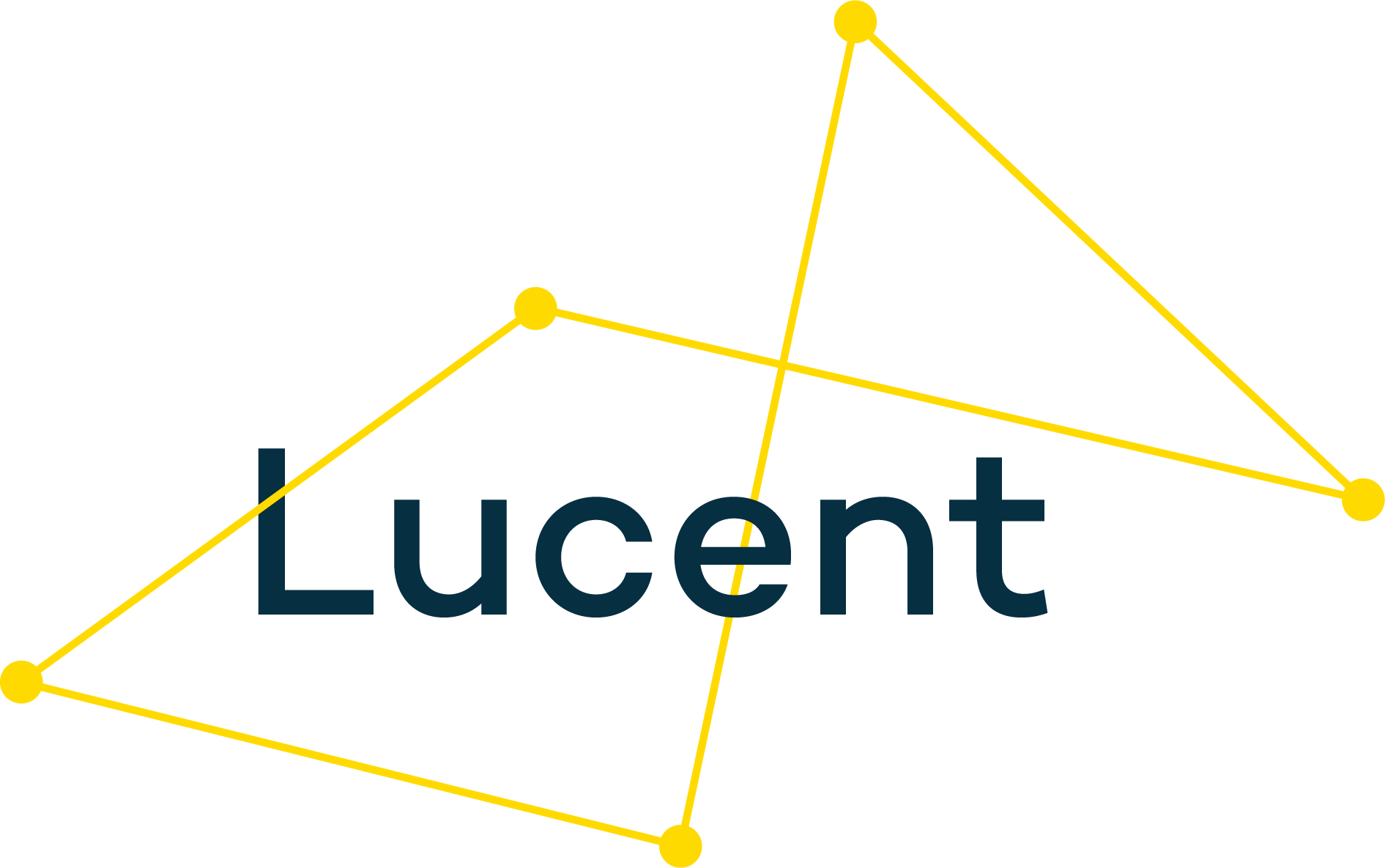Lucent's approach to learning partnerships
Last week I joined our client Oxford University’s community panel for an evening of deliberations. The panel was assessing applications for the University’s Public and Community Engagement with Research (PCER) grants. At the heart of the PCER Fund is an ambition to ensure research makes a genuine difference in the world, improving lives. The Fund recognises the importance of listening to diverse perspectives and, wherever possible, co-creating research with communities. The participatory panel process brings this principle to life. By involving members of the local community in decision-making, the aim is to select projects that are ethical, well-designed, accessible – and that meet real community needs.
This approach is grounded in a theory of change: a theory about how certain activities will lead to better outcomes. In Oxford’s case, the theory is that participatory grantmaking leads to more informed, inclusive and ultimately better decisions.
Theories of change are usually expressed as a kind of chain reaction: inputs > outputs > outcomes. As a planning tool, they can be helpful, especially when used alongside other tools such as field mapping or systems analysis. Theories of change also have communicative power: as a simple organising narrative. We’re doing x which will lead to y.
But, as anyone in the social sector will know, whichever planning tools are used, the real world rarely goes exactly as planned. However successful an intervention may have been deemed to be, most evaluations will find that there have been complications, limitations or unforeseen circumstances along the way.
That’s where learning partnerships come in.
The idea of a learning partnership – and how it differs from evaluation in our view – is that it is an engaged process of supporting an organisation to learn and adjust its practice as it goes along. Given that no theory magically succeeds in the real world; learning what is and isn’t working in real time brings significant value. We help our clients make better decisions, sooner.
In Oxford’s case, for example, I have been surveying and doing mini-interviews with the community panellists across multiple grantmaking rounds. I’m almost a one-woman feedback loop: offering an independent listening ear for the panellists and trying to be attentive to their needs, and sharing anonymised feedback and – when appropriate, advice – back to the University.
One simple example was a change of venue – the panellists suggested meeting in a community space, rather than the University’s research offices where the process began. As a result, the panel meetings took place at the vibrant Old Fire Station café (pictured). That kind of shift – though seemingly simple – can make a big difference in how welcome and comfortable people feel, and in turn, in the contributions they make.
Our learning partnerships also create space for new questions to emerge over time. We capture these in quarterly learning sessions – so we are not limited to proving or disproving a theory written years ago, but supporting success in the present. That means being responsive, asking better questions, and staying open to change.
For our clients, we aim for it to feel like a supportive and supported process. To enable everyone involved in a project to remain curious, humble about what we don’t know, and to go on a journey of learning together.
Written by Charlotte Ravenscroft, Consultant at Lucent Consultancy
If you’re thinking about a learning partnership, do get in touch with us and we can tell you a bit more about our approach.

